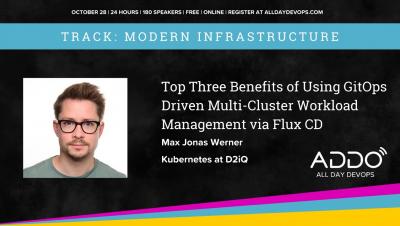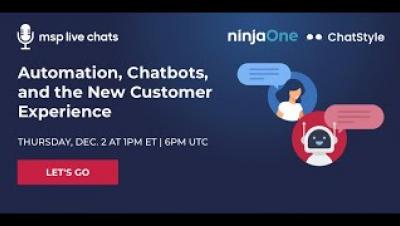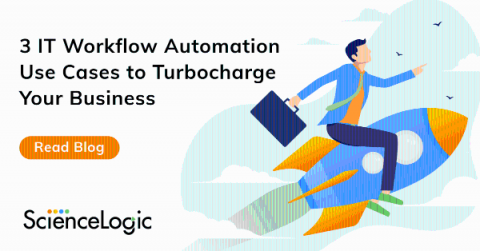Operations | Monitoring | ITSM | DevOps | Cloud
Automation
Machine Learning for Healthcare using D2iQ Kaptain
Kubernetes at Scale on the Public Cloud - D2iQ with Forrester
How Automation Takes the Time and Guesswork Out of Security Compliance
Modernizing Kubernetes Security and App Development
Top Three Benefits of Using GitOps Driven Multi-Cluster Workload Management via Flux CD
Running Mission-Critical Applications on Kubernetes in Production at Scale with DKP
Automation, Chatbots, and the New Customer Experience
Workflows: your process, automated
After many weeks of work, we're delighted to announce the latest feature of the incident.io platform: Workflows. Configure your processes once, and we'll make sure you follow them, every time ✨ A little while ago, I was asked the question: “what makes a good incident response?”. Whilst there’s infinite nuance in the answer, mine was pretty straightforward. The best incidents are founded on principles of communication, coordination, and clear roles and responsibilities.
3 IT Workflow Automation Use Cases to Turbocharge Your Business
According to a recent survey by Gartner, business leaders anticipate a return to growth for their enterprises and industries in 2022, and a big part of their investment plans involve digital transformation. In fact, 20% of CEOs cited digital transformation as a priority for strategic investment. That is a significant shift from 2012 when Gartner found that only 2% of CEOs surveyed had made digital transformation a priority.











